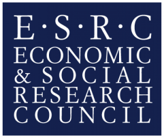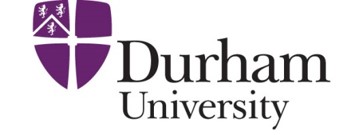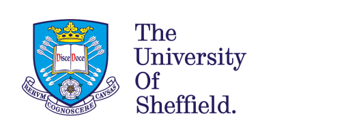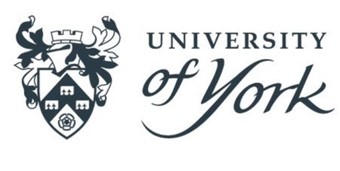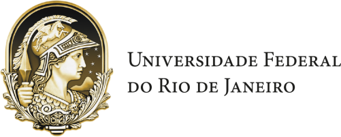People
 Prof Mike Crang
Prof Mike Crang
- Co-Investigator Durham University, UK
- Email: m.a.crang@durham.ac.uk
Mike's interests lie in the field of cultural geography. He has worked extensively on the relationship of social memory and identity. Within this he focused empirically upon on practices of public and oral history, photography and museums looking especially at examples in the UK and Sweden. This interest feeds into looking at what people make of museums and landscapes and thus the study of tourism more generally. He has an edited collection on this theme that was published in 2009 (Cultures of Mass Tourism: Doing the Mediterranean in the Age of Banal Mobilities, edited with Pau Obrador and Penny Travlou, Ashgate) and a previous collection (Tourism: between place and performance, with Simon Coleman, Berghahn 2002) as well as co-editing the journal 'Tourist Studies' for ten years from its inception. He worked on the intersection of film, photography and tourism - through a case study using Captain Corelli and Cephallonia.
Subsequent work is attempting to rework the borders of the cultural and the economic looking at the travels and transformations of various goods. With wastes it is attempting to rethink approaches to the commodity through emphasising unbecoming things - that are both distasteful and unstable. Following things in and out of the commodity phase, in terms of objects becoming declassee or revalorised as heritage is part of his current work as a collaborator on the project Re:heritage. Cirkulering och kommodifiering av ting med historia (Re:heritage. Circulation and marketization of things with history) funded by Vetenskapsrådet (Swedish Research Council). Following the often fluid connection of things and values in the economy was a focus in the ESRC project 'Illicit Economies and the Spaces of Circulation' (with Nicky Gregson and Ray Hudson) and a current AHRC/ESRC project 'The Financial Aspects of the Trade in Counterfeit Products: An Exploratory Study' (with colleagues in criminology at Teesside University) looking at the entwining of legal and illicit in the circulation of goods. Looking at the other end of values, a Geoforum sponsored workshop led to a special issue focusing on the rise of global consumption and how ethical values and practices change when the market for goods changes and to a just starting ESRC funded project on 'Sustainable Consumption and Agri-food Ethics in the Global South'.
Mike is the Co-Investigator for the China case study.

